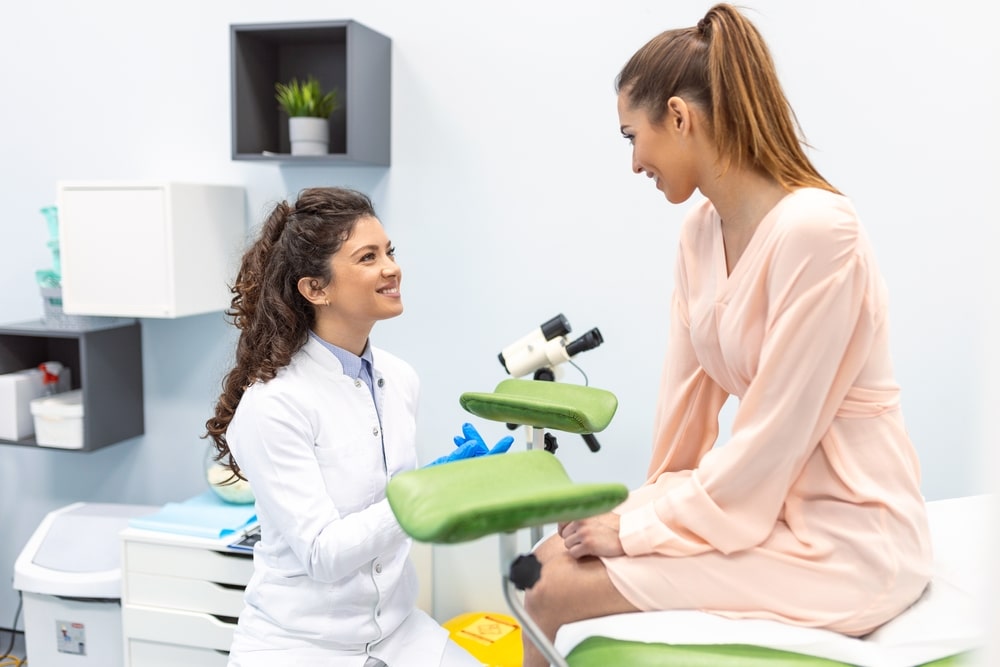Symptoms & Causes of Interstitial Cystitis
What are the symptoms of IC?
Interstitial cystitis (IC) symptoms vary among people. Symptoms may be mild or severe and can even change over time. Your symptoms may go away with treatment, a change in what you eat, or without a clear reason. Even if your symptoms go away, they may return after days, weeks, months, or even years.
Symptoms may include
- discomfort, pressure, or tenderness in the lower abdomen and pelvic area
- frequent urination, or needing to urinate more often than what’s normal for you
- pain in the bladder that worsens until you urinate and then improves for a little while
- pain during sex due to spasms in your pelvic floor muscles
- urinary urgency—with or without pain—before your bladder has time to fill
What causes IC?
Researchers aren’t sure exactly what causes IC. Some experts believe IC is caused by inflammation in the body. Your IC may feel worse when symptoms flare up. Certain factors may trigger symptom flares, including
- allergies or changes in the seasons or weather
- certain foods and drinks, skipping meals, or not drinking enough liquids to stay hydrated
- a urinary tract infection or holding urine for too long
- items that may cause irritation, such as laundry detergent, pool chemicals, toilet paper, and tight clothing
- physical activities that involve the pelvic floor, such as pushing or lifting heavy objects, bumpy movements, standing for a long time, and having sex
- stress and menstruation, which affect your hormones
 Your health care professional will discuss your IC symptoms with you.
Your health care professional will discuss your IC symptoms with you.If you know what makes your symptoms flare up, you may want to avoid them. Talk with your health care professional about factors that affect your health—like taking your prescribed medicines, having medical tests, or sex—if these cause symptom flares and make your IC feel worse.
This content is provided as a service of the National Institute of Diabetes and Digestive and Kidney Diseases
(NIDDK), part of the National Institutes of Health. NIDDK translates and disseminates research findings to increase knowledge and understanding about health and disease among patients, health professionals, and the public. Content produced by NIDDK is carefully reviewed by NIDDK scientists and other experts.

